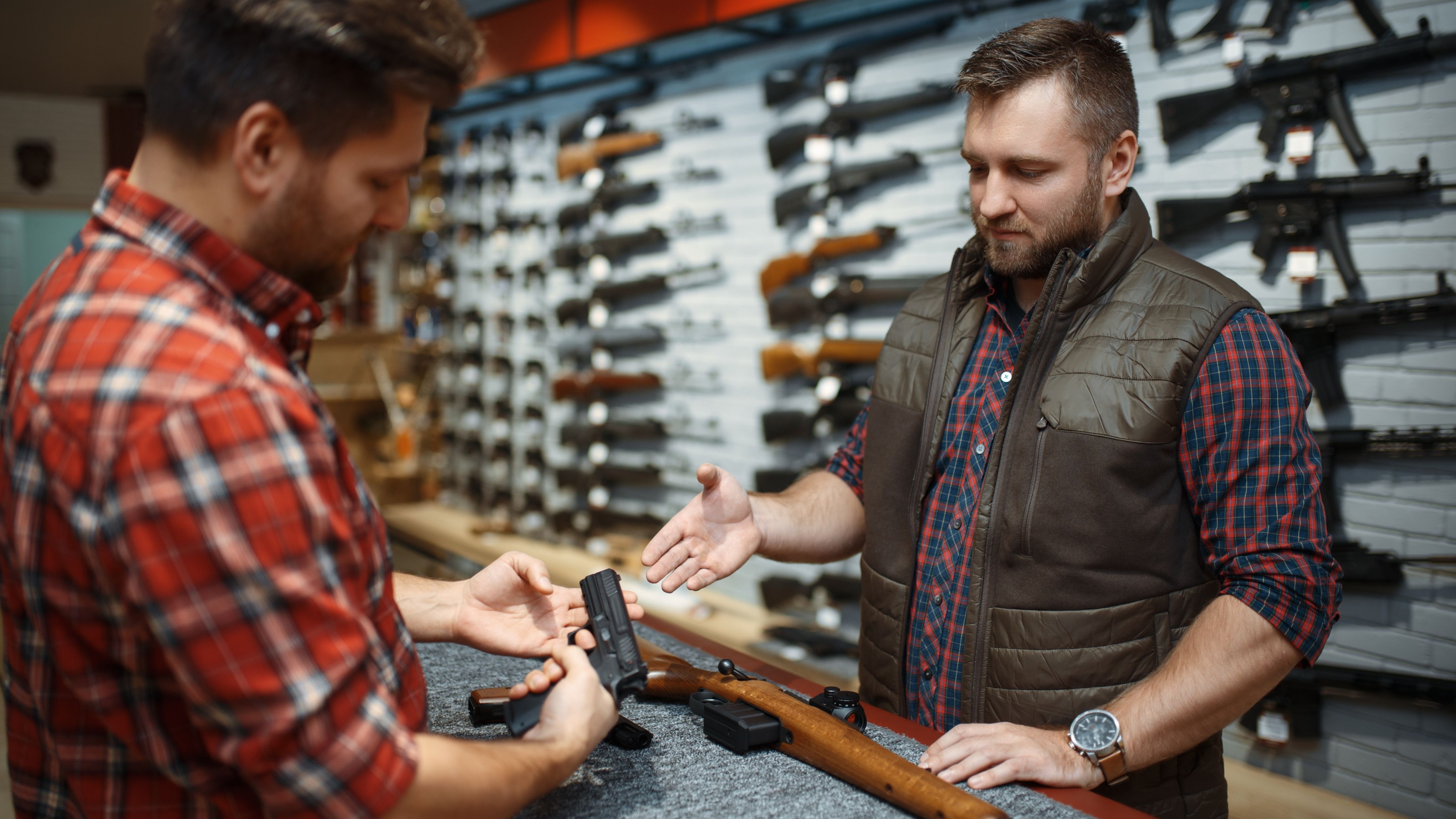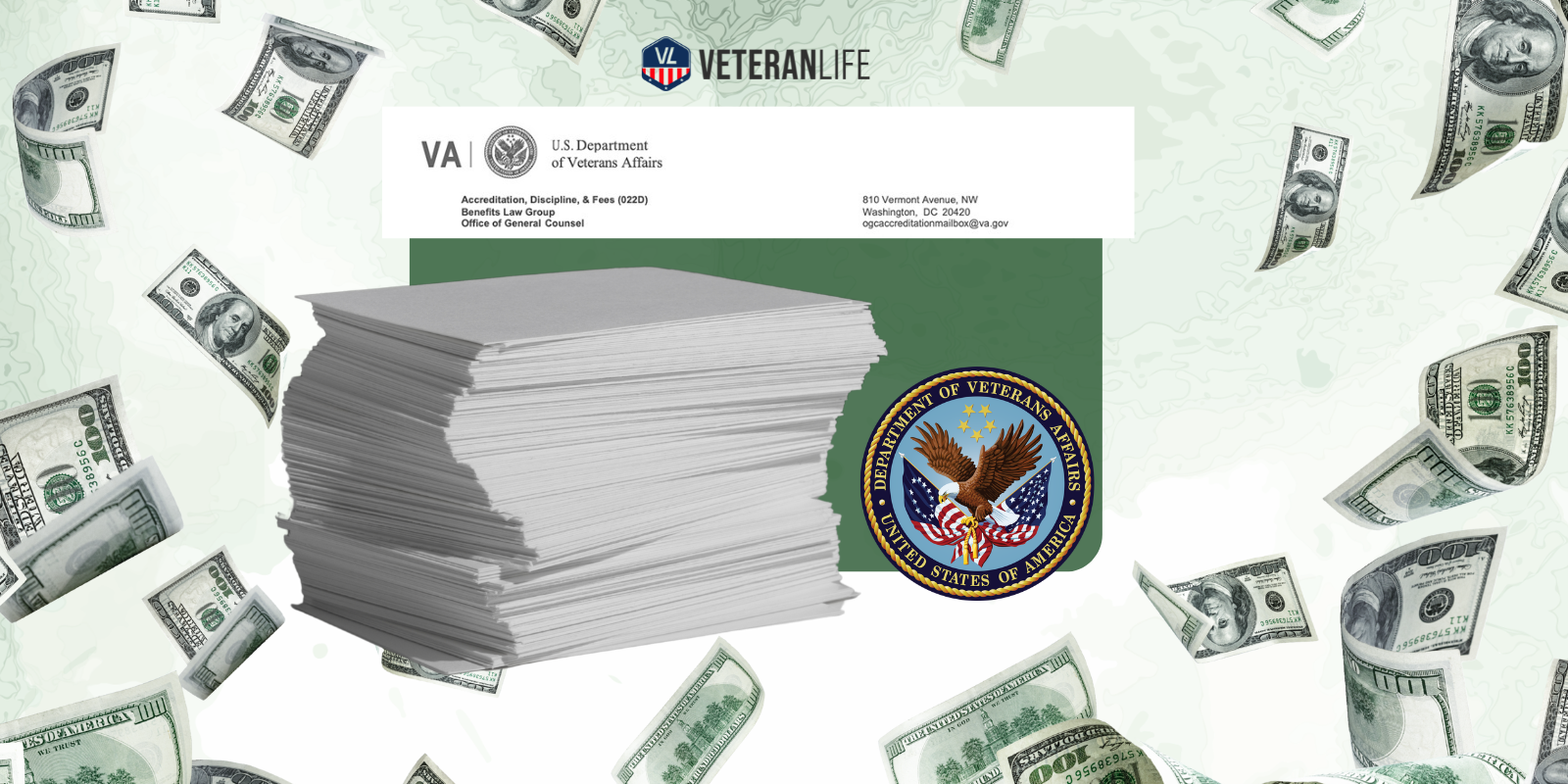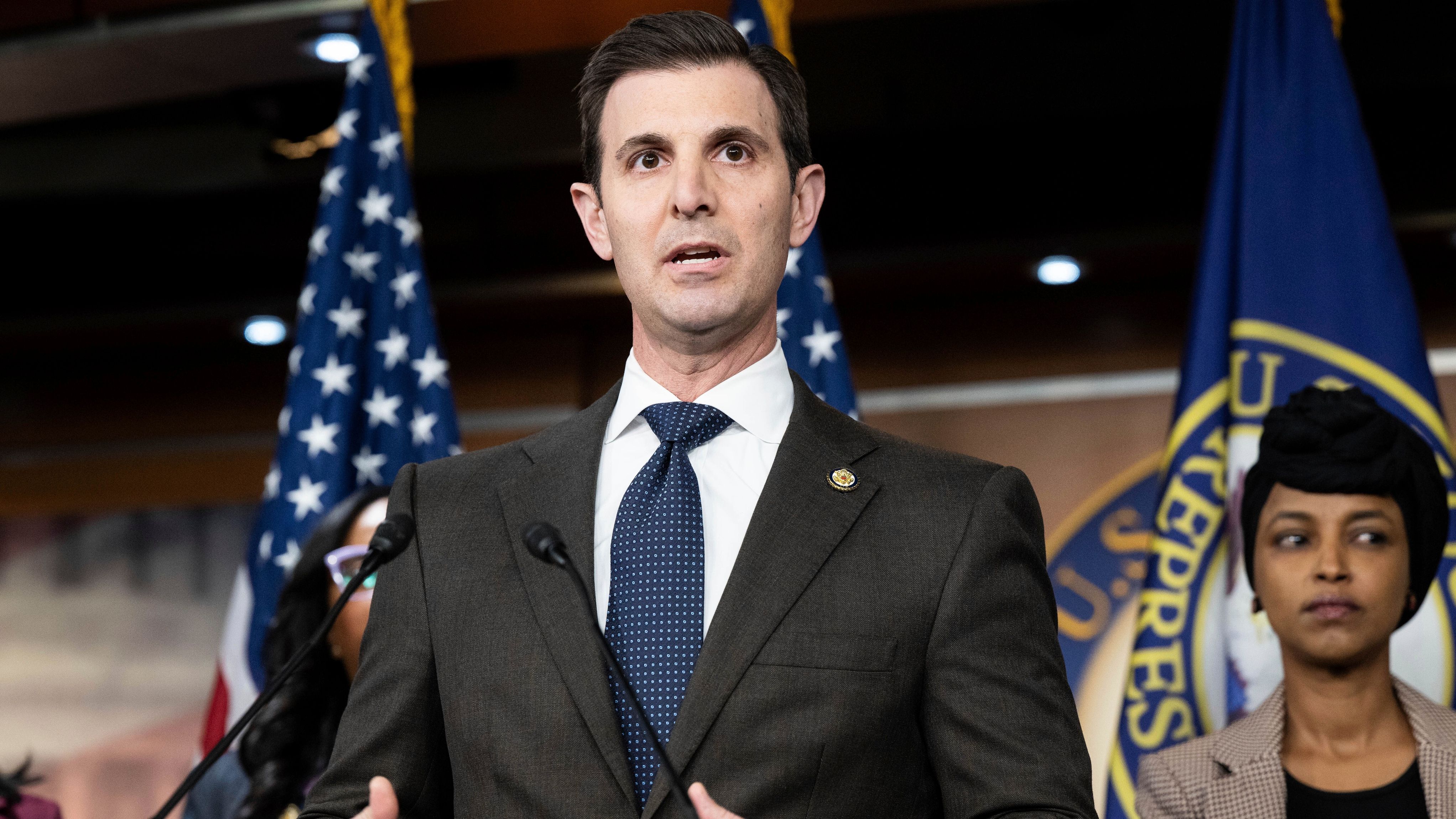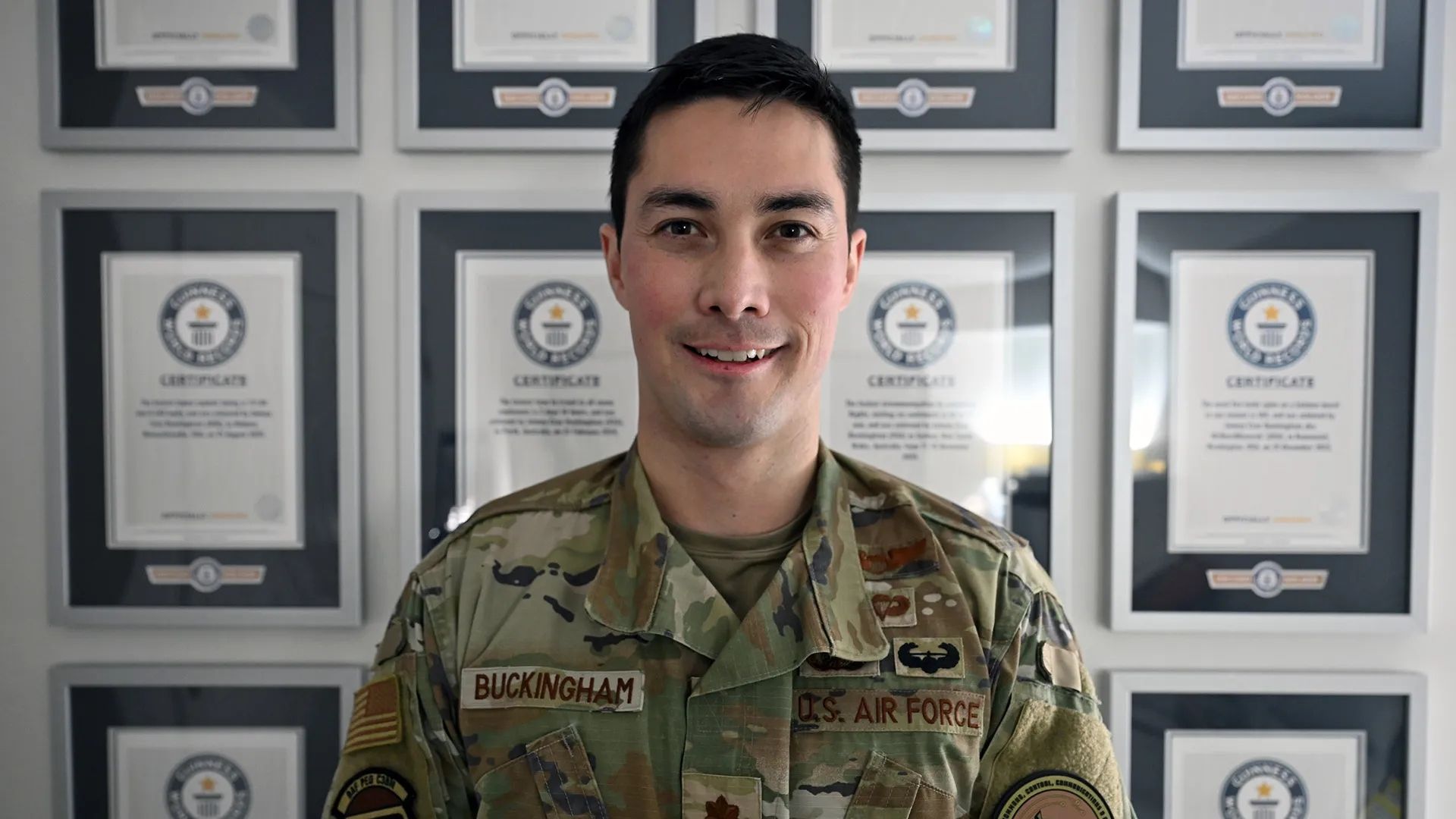YOUNG VETERANS ARE BEING GIVEN DANGEROUS MILITARY CIVILIAN JOBS, WHY?
COMMENT
SHARE

Researchers from the Rand Epstein Family Veterans Policy Research Institute have provided research showing that young Veterans are more likely than their civilian counterparts to secure military civilian jobs that end up putting both their physical and mental health at risk. Jobs like this are more likely to exacerbate any existing mental damage or physical issue from service.
Demographic Breakdown of Military Civilian Jobs
Military civilian jobs–particularly the more dangerous ones such as construction, transportation and maintenance–have higher percentages of Veteran employees than non-Veteran employees. The Veteran employees in these jobs are also usually no older than the age of 30. Researchers found that for Veterans 30 and under, about 21% were in construction and maintenance jobs (16% for non-Veterans). Nearly 22% were in production or transportation work (19% for non-Veterans). Researchers also found that these Veterans were less likely than their civilian peers to work in management, science or art jobs (25% vs 34%), or in sales or office posts (14% vs 16%).It is unclear whether these results were due to post-military work preferences or military skills. However, researchers did conclude that younger Veterans may be more likely to be forced into unhealthy military civilian jobs. Additionally, the study concluded that older Veterans generally have the same industry distribution and unemployment rate as their civilian peers.
The Concern With Veterans In Unsafe Jobs
The effect that dangerous jobs can have on Veterans is unique compared to the effects these same jobs have on civilians. Veterans who have put their life and health on the line for the country often come out of service with long-term effects. These effects make them vulnerable to additional hazards on the job. Roughly 17.6 million Veterans were in the U.S. workforce in March, according to the Bureau of Labor Statistics. 5.3 million of whom served in the Iraq and Afghanistan wars era.Ensuring safe and healthy working conditions for this population should be a priority of policies and programs. This will lead to better military civilian job opportunities for Veterans.
Ensuring Better Military Civilian Jobs For Veterans Is a Priority
Before eliminating discrepancies with Veterans in military civilian jobs, we must why Veterans choose their occupations. One must also understand the risks inherent in these jobs. Researchers wrote, “There is a need to better understand how veterans transition to civilian life — in particular, how successful they are in applying their military experience to the civilian job market, the impact of educational opportunities, and why Veterans end up taking jobs with more physical hazards.” Understanding these things will lead to policies that improve Veteran health and support for all workers in military civilian jobs. This is especially important as more and more Veterans enter the civilian workforce.Related reads:
Join the Conversation
BY BREASIA WILLIAMS
Breasia Williams is a Contributing Writer at VeteranLife.com.
Breasia Williams is a Contributing Writer at VeteranLife.com.



